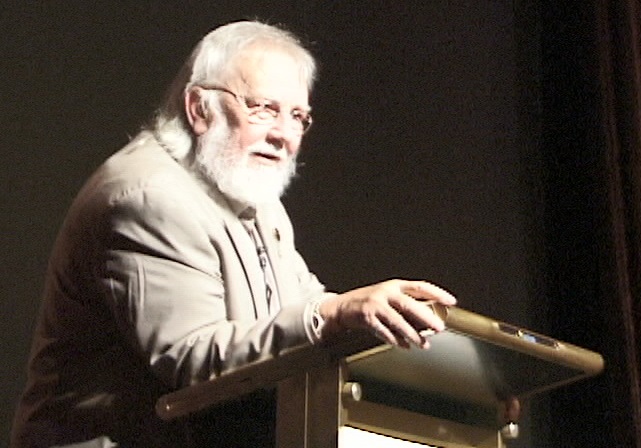Chiropractic Care Boosts Brain Activity and Reduces Depression Symptoms: A New Study Reveals
By Michael Dorausch, D.C.
A groundbreaking study published in Brain Sciences by Haavik et al. (2024) highlights the transformative effects of chiropractic care on brain activity, offering promising insights into alleviating depression and fatigue. By targeting key brain regions like the Posterior Cingulate Cortex (PCC) and the isthmus cingulate, weeks of chiropractic adjustments appear to reshape the brain’s self-referential processing, potentially enhancing mental health and energy levels.

Key Findings from the Chiropractic Study
The research utilized somatosensory evoked potentials (SEPs) to measure brain activity changes after chiropractic care. Results showed a notable increase in alpha wave activity in the left isthmus-cingulate and right PCC, alongside a decrease in alpha activity in the left PCC and right PCC. These shifts suggest an altered narrative sense of self, which may play a critical role in reducing depression symptoms and improving fatigue.
The Role of the Posterior Cingulate Cortex (PCC)
The PCC is a hub for internally focused, self-referential processing, making it a focal point in understanding depression. In individuals with depression, studies have found an asymmetry in PCC thickness—specifically, a thicker left PCC compared to the right. This imbalance is even more pronounced in those experiencing somatic symptoms such as sleep disturbances, appetite changes, and loss of energy. The observed changes in alpha activity following chiropractic care could indicate a rebalancing effect, offering a natural approach.
Isthmus Cingulate: Crafting the Narrative Self
The isthmus cingulate supports introspection and the construction of the narrative sense of self, including autobiographical memories. By influencing this region, chiropractic care may help individuals reframe their internal stories, contributing to improved mental well-being. The study’s findings suggest that adjustments could be key to combating the emotional and physical toll of depression.
Implications for Depression and Fatigue Treatment
This research underscores the potential of chiropractic care as a non-invasive therapy for mental health challenges. By modulating brain activity in the PCC and isthmus cingulate, it may offer a complementary strategy to traditional treatments, addressing both the psychological aspects of depression and the physical burden of fatigue. These findings pave the way for further exploration into how spinal adjustments can influence brain function and overall wellness.
Conclusion
The Haavik et al. (2024) study reveals that chiropractic care does more than just align the spine. With its impact on alpha wave activity, self-referential processing, and key brain regions like the PCC and isthmus cingulate, regular chiropractic care holds promise for those seeking changes related to depression and fatigue. The research continues.

